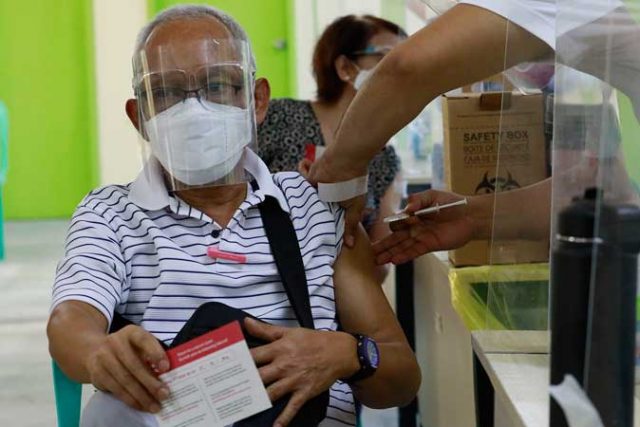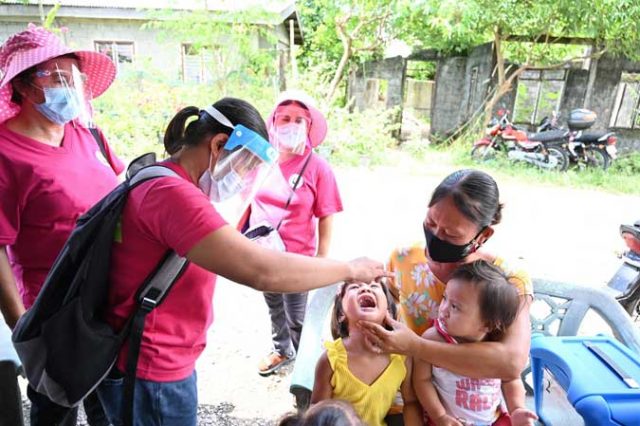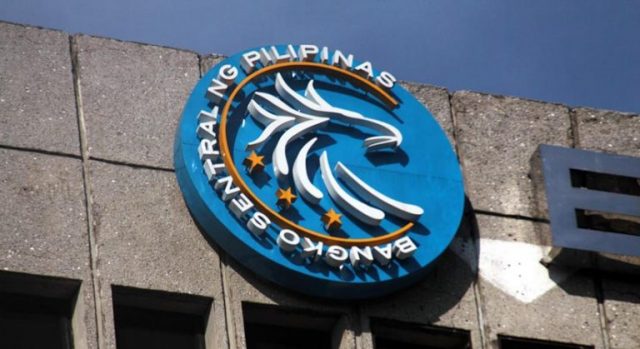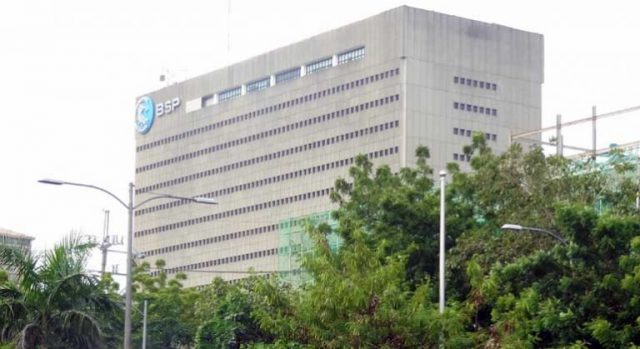Coca-Cola aims to collect 500MT of plastic waste in Muntinlupa
A Coca-Cola Philippines initiative plans to collect 500 metric tons (MT) of plastic waste in Muntinlupa City over a one-year period.
The company partnered with the Philippine Business for Social Progress (PBSP) and social enterprise Plastic Flamingo to collect plastic from traditional collection points, junk shops, and communities in Muntinlupa.
PBSP will provide resources like tri-bikes and personal protective equipment for the collectors. The groups partnered with 27 junk shops and 20 waste collectors that have been trained to identify different plastic types.
“The problem of solid waste, particularly flexible plastic, has skyrocketed during the pandemic and threatens the environment more than ever. This project, while helping the environment, will help waste pickers in Muntinlupa earn income from the waste collected,” PBSP Executive Director Elvin Ivan Y. Uy said in a statement.
Collected plastic waste will be sold to designated junk shops that will then deliver the raw materials to Plastic Flamingo facilities for upcycling.
Coca-Cola is fast-tracking the launch of a new PET recycling facility in General Trias, Cavite.
A joint partnership between Coca-Cola Beverages Philippines and Bangkok-based Indorama Ventures, a global leader in packaging solutions and green technology, the facility is expected to be the biggest bottle-to-bottle recycling plant in the Philippines. It aims to process around 30,000MT of used PET bottles and produce around 16,000 MT of recycled PET resin annually. — Jenina P. Ibañez












